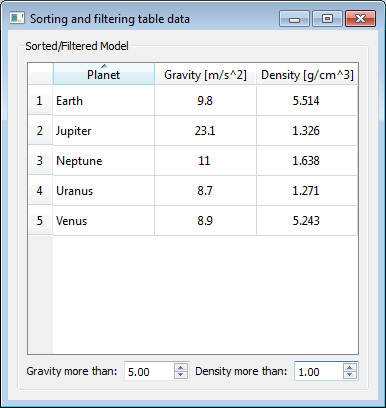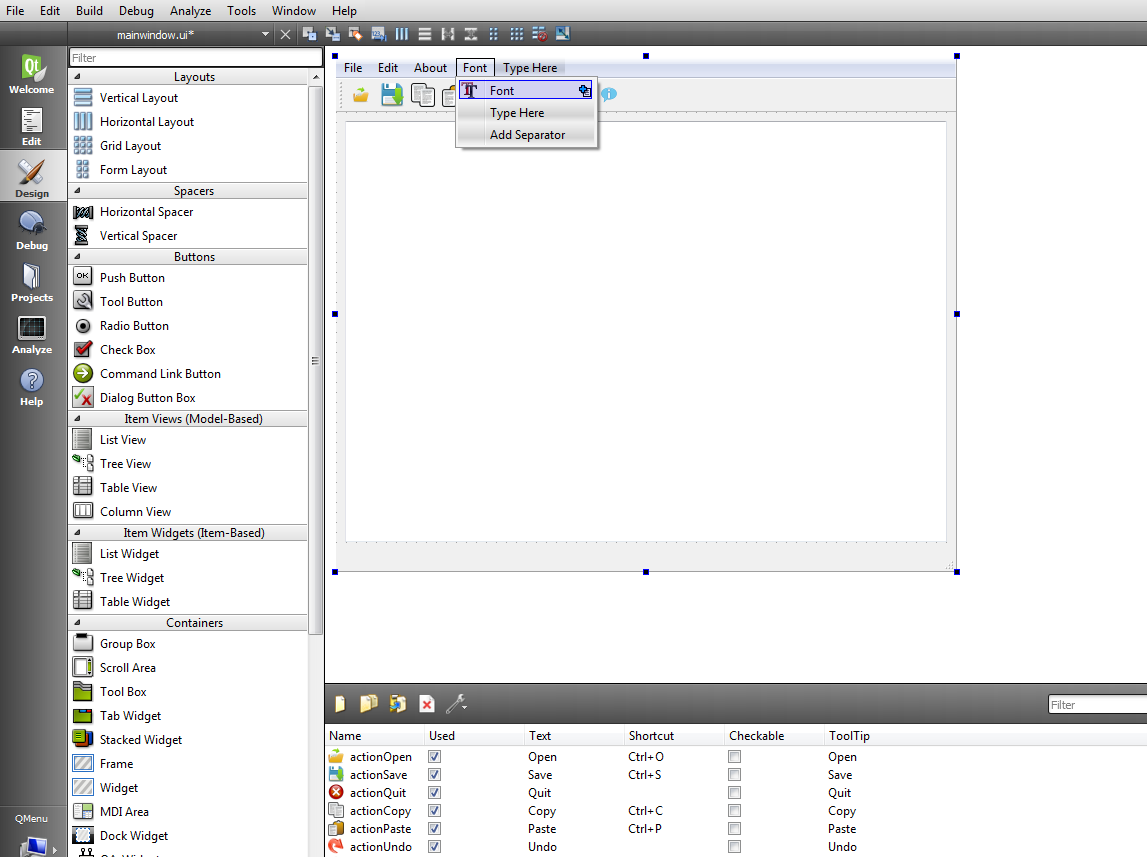Qt5 Public Slots
In this tutorial we will learn How to use signal and slots in qt.
File->New File or Project…

Qt/C - Tutorial 073. Signals and slots. Connecting Slots to Overloaded Signals in the Qt5 Syntax. Quite a frequent problem when working with signals with slots in Qt5, according to my observations on the forum, is the connection of slots in the syntax on the pointers to signals having an over. #define signals public #define slots /. nothing./ That is right, signals and slots are simple functions: the compiler will handle them them like any other functions. The macros still serve a purpose though: the MOC will see them. Signals were protected in Qt4 and before. They are becoming public in Qt5 in order to enable the new syntax. Qt5 comes with a huge number of widgets built-in, from simple text boxes to digital displays, vector graphics canvas and a full-blown web browser. While you can build perfectly functional applications with the built-in widgets, sometimes your applications will need a more.
Applications->Qt Gui Application->Choose…
We keep the class as MainWindow as given by default.
SignalsAndSlots.pro
2 4 6 8 10 12 14 16 18 | #include 'ui_mainwindow.h' MainWindow::MainWindow(QWidget*parent): ui(newUi::MainWindow) ui->setupUi(this); connect(ui->horizontalSlider,SIGNAL(valueChanged(int)), disconnect(ui->horizontalSlider,SIGNAL(valueChanged(int)), } MainWindow::~MainWindow() delete ui; |
main.cpp
